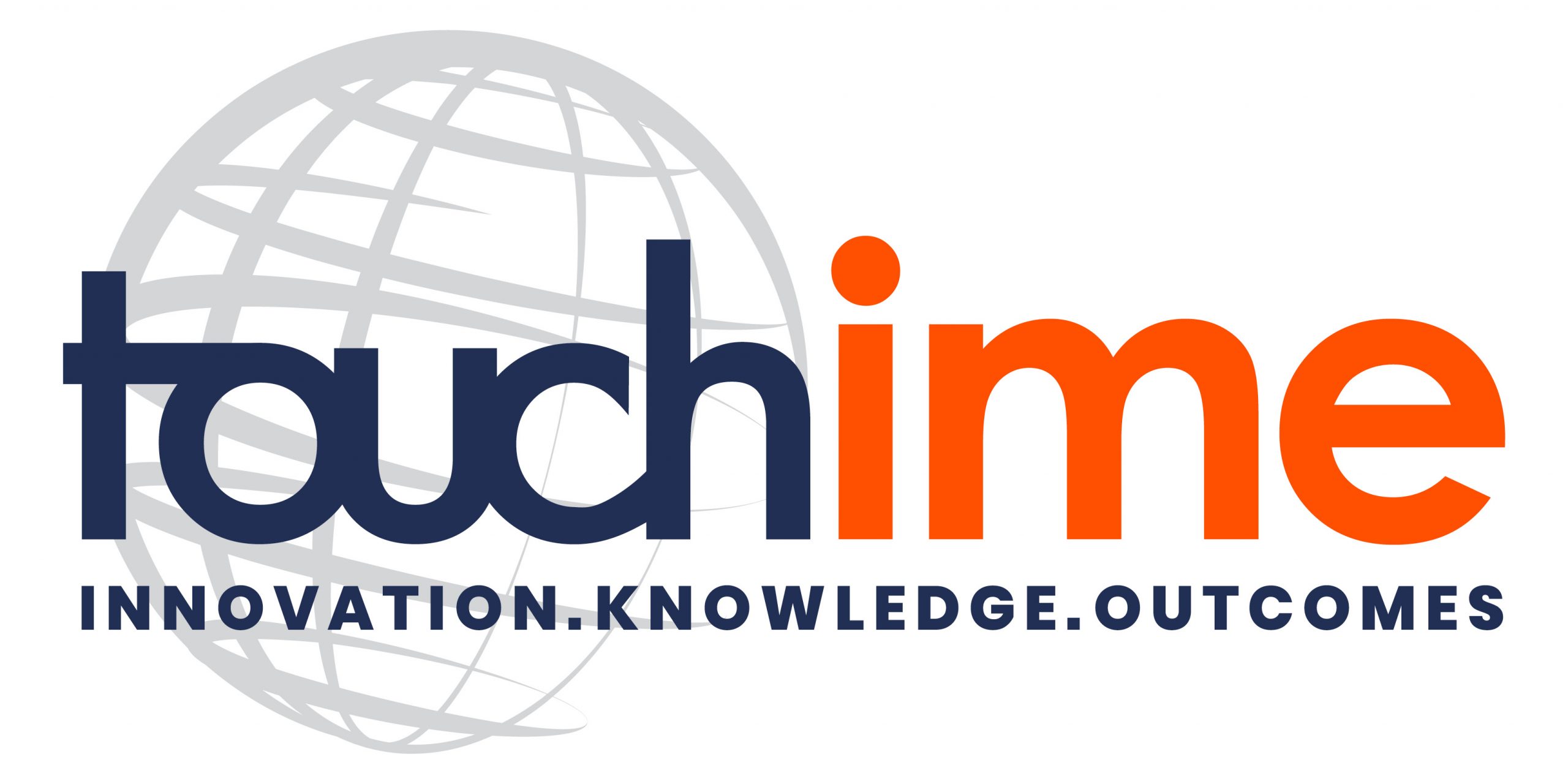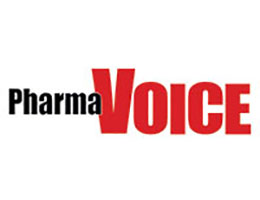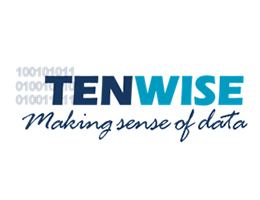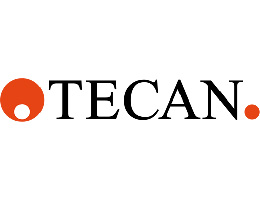About Conference
Join Us at the NeuroCognition 2025 – Global Conference on Cognitive Neuroscience & Neuropharma
Dates: October 27–28, 2025
Location: Online Event
Dear Doctors, Healthcare Professionals, Researchers, and Students
Researchers Fusion is excited to extend a warm invitation to you for the NeuroCognition 2025 – Global Conference on Cognitive Neuroscience & Neuropharma, taking place as an interactive event on October 27–28, 2025. This congress promises to be a dynamic platform for sharing cutting-edge research, exploring innovative therapies, and discussing the latest trends in combating infectious diseases.
Cognitive neuroscience is an interdisciplinary field that combines principles from psychology, neuroscience, and neurobiology to study the neural mechanisms underlying cognitive functions like memory, perception, decision-making, attention, language, and emotion. It focuses on understanding how brain activity relates to mental processes.
Key Areas in Cognitive Neuroscience:
Perception and Sensory Processing:
How the brain interprets sensory information (vision, hearing, touch) and creates conscious experience.
Involves studies of sensory cortices and pathways like the visual cortex, auditory cortex, and somatosensory cortex.
Memory and Learning:
Examining how memories are formed, stored, and retrieved. Cognitive neuroscientists investigate the roles of brain regions like the hippocampus, prefrontal cortex, and amygdala in memory processing.
Studies of working memory, long-term memory, and procedural memory.
Language:
Understanding how the brain processes language, including speaking, reading, writing, and comprehension.
Key brain areas involved include Broca’s area (speech production) and Wernicke’s area (language comprehension).
Attention and Executive Functions:
Cognitive neuroscience examines how attention works in the brain, as well as higher-order functions like problem-solving, decision-making, and goal-setting, which are primarily managed by the prefrontal cortex.
Investigates the network of brain regions (like the anterior cingulate cortex, dorsolateral prefrontal cortex) that work together in decision-making and self-control.
Emotions and Social Cognition:
Studies the neural basis of emotions (e.g., fear, happiness, sadness) and how they influence behavior. Brain regions like the amygdala and ventromedial prefrontal cortex play crucial roles in emotion processing.
Social cognition involves understanding how the brain interprets social information, including recognizing faces, understanding intentions, and empathy.
Cognitive Disorders:
Cognitive neuroscience also investigates disorders like Alzheimer’s disease, Parkinson’s disease, schizophrenia, and autism spectrum disorder to understand how changes in brain structures and functions affect cognition.
Uses imaging techniques (like fMRI, PET scans, and EEG) to observe brain activity and structural changes.
Methods in Cognitive Neuroscience:
Functional MRI (fMRI): Measures brain activity by detecting changes in blood flow. It is commonly used to study brain regions involved in specific cognitive tasks (e.g., memory, language).
Electroencephalography (EEG): Measures electrical activity in the brain. EEG is especially useful for studying timing of cognitive processes.
Positron Emission Tomography (PET): Uses radioactive tracers to study brain metabolism and receptor activity.
Transcranial Magnetic Stimulation (TMS): Non-invasive method used to temporarily disrupt or enhance brain function to study the effects on cognition.
Neuropharmaceutics
Neuropharmaceutics is the branch of pharmacology that focuses on how drugs and other compounds affect the nervous system. This field is concerned with the development and testing of pharmaceutical agents that can modulate brain function, treating neurological and psychiatric disorders such as depression, schizophrenia, Alzheimer's, Parkinson's disease, and epilepsy.
Key Areas in Neuropharmaceutics :
Neurotransmitter Systems:
Much of neuropharmacology focuses on how drugs interact with neurotransmitter systems, such as dopamine, serotonin, glutamate, GABA, and acetylcholine, to modify brain function.
For example, drugs that increase serotonin levels (SSRIs, like fluoxetine) are used to treat depression and anxiety.
Receptor Pharmacology:
Drugs can act on neurotransmitter receptors (e.g., dopamine receptors, GABA receptors, NMDA receptors) to either agonize (activate) or antagonize (block) these receptors, leading to changes in brain function.
Antipsychotic drugs often target dopamine receptors to alleviate symptoms of schizophrenia, while benzodiazepines enhance the effects of the neurotransmitter GABA to produce calming, anxiolytic effects.
Neurodegenerative Diseases:
Research in Neuropharmaceutics aims to develop drugs that can slow, stop, or reverse the progression of neurodegenerative diseases like Alzheimer's disease and Parkinson's disease.
Acetylcholinesterase inhibitors are commonly used in Alzheimer's disease to boost acetylcholine levels, which are depleted in the brains of Alzheimer's patients.
Psychiatric Disorders:
Drugs developed in Neuropharmaceutics for conditions like depression, bipolar disorder, and schizophrenia often target serotonin, dopamine, and norepinephrine systems.
For example, SSRIs (selective serotonin reuptake inhibitors) are used to treat depression, while antipsychotic medications target dopamine receptors to treat schizophrenia and bipolar disorder.
Pain Management:
Neuropharmacology also plays a crucial role in the development of analgesics (pain relievers), including opioids, NSAIDs, and emerging treatments targeting pain pathways in the brain and spinal cord.
Opioid analgesics, such as morphine, act on opioid receptors to relieve severe pain, though their use is controversial due to addiction concerns.
Drug Development:
Neuropharmaceutics s is integral in the development of novel treatments for psychiatric and neurological diseases, exploring gene therapies, neurostimulation, and targeted drugs to enhance therapeutic efficacy and minimize side effects.
Why to Attend?
Expert Speakers: Hear from leading experts in the field who will share their insights and discoveries.
Networking Opportunities: Connect with peers, colleagues, and mentors from around the globe.
Educational Sessions: Gain knowledge from comprehensive sessions covering various aspects of infectious diseases.
Research Presentations: Showcase your research findings and contribute to the advancement of knowledge.
Virtual Exhibition: Explore the latest advancements in diagnostics, treatments, and technologies.
Who Should Attend?
Doctors and Healthcare Practitioners
Researchers and Scientists
Students and Academicians
Public Health Officials
Speakers

Andreas Christodoulou
Serres General Hospital, Greece
Anna Konopka
Macquarie University, Australia
Barry Hammond
Department of General Dentistry
Ranjan Ramasamy
Id-Fish Technology Inc, Milpitas, United States
Krzysztof Skowron
Nicolaus Copernicus University in Torun, Poland
Aung Sitt Naing
Eastern Virginia Medical School, United States
Julissa Soto
Julissa Soto Latino Health Equity Consulting, United States
Eric Brownhill
Jacobi Medical Center, United States
Jonathan Lambo
Avalon University School of Medicine, United States
Kathleen Maguire
University of California, United States
Elizabeth Yvonne Flores
Boston University School of Medicine, United States
David Stiles
Recursion Pharmaceuticals, United States
Franciela Golden
Mayo Clinic Jacksonville, United States
Yuhang Liu
Moderna Services, Inc., United States
Aaron Briggs
University of California San Diego, United States
Maria Aguilar Amaya
Arizona State University, United StatesConference Schedule
Registration
Opening Ceremony and Introduction
Keynote Session I
Refreshment Break
Keynote Session II
Lunch
Break Out Session I
Refreshment Break
Break Out Session II
Keynote Session III
Refreshment Break
Break Out Session III
Lunch
Poster Presentations
Refreshment Break
Break Out Session IV
Keynote Session IV
Refreshment Break
Break Out Session V
Lunch
Break Out Session VI
End Note Session and Closing Ceremony
Photo Gallery
Testimonials

It was a great experience and I got to learn a lot from the other presentations and lectures held as well. I look forward to participating in future conferences as well.

Thank you for organizing the meeting. Everything went smoothly for me.

Thank you and congratulations for so interesting Conference.

I would like to congratulate you and your mates for the good job that all of you did to schedule all the presentations. I felt that all the presentations were very interesting and of high quality. I hope that me or researchers from my team will be able to participate in future editions.

This Conference is a very fantastic event with very high quality speakers from all over the world.

Neurology Virtual event was an interesting event. Thanks for the opportunity to participate.

This Conference is a Spectacular conference, interaction between speakers has been very enlightening for me I will attend the future conferences.

One of the most interesting conference, having a huge number of presenters.

It is a great pleasure and honor to attend This Conference, the event has a good collection of top researchers around the globe.

I would like to congratulate you on organizing a very interesting conference.







































